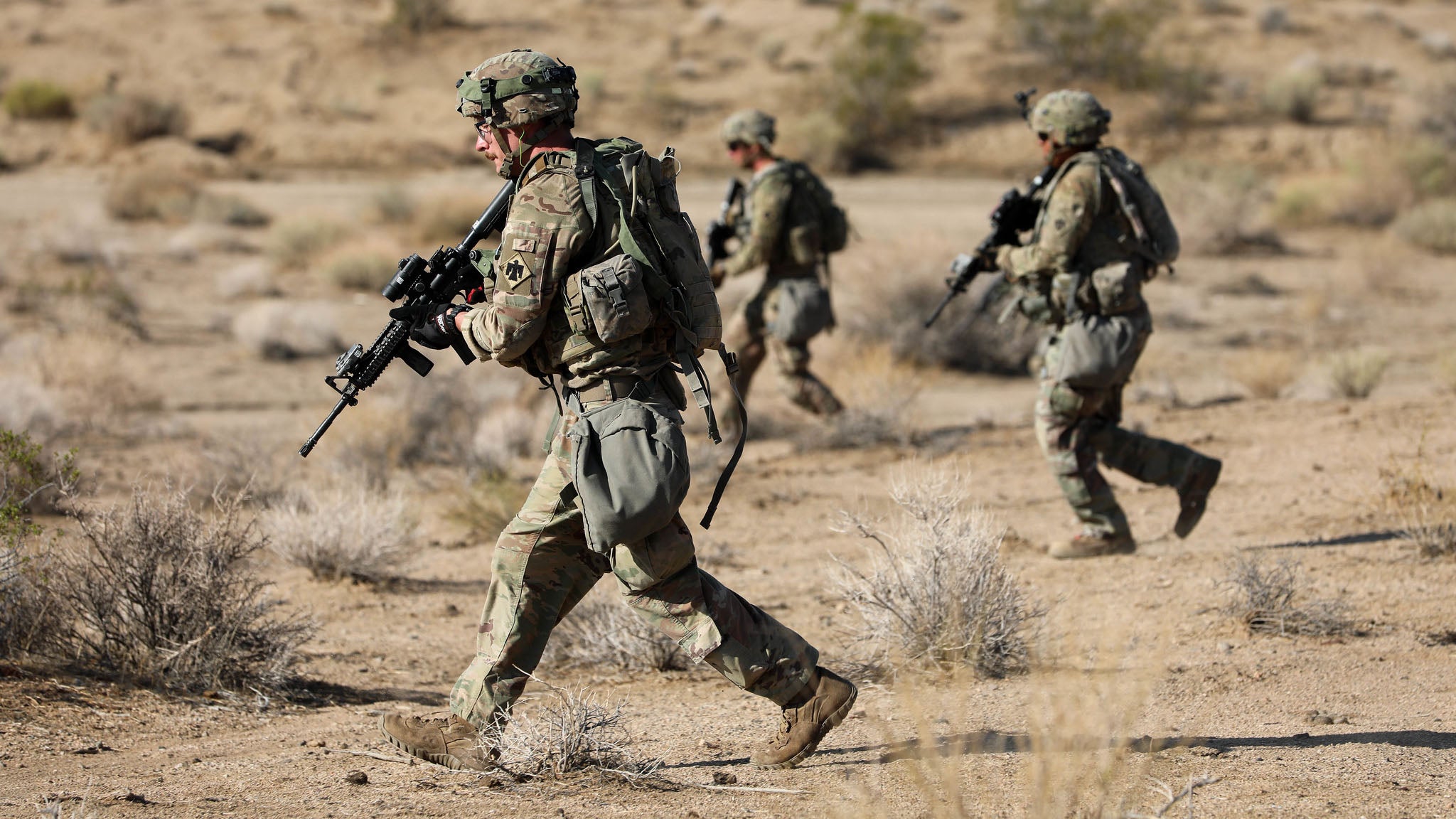Martin: National Guard ‘Indispensable’ to Army’s Future
Martin: National Guard ‘Indispensable’ to Army’s Future

As the Army modernizes and readies itself against future threats, the National Guard will continue to be “indispensable,” Army Vice Chief of Staff Gen. Joseph Martin said.
“I've been around the block a few times, and I've served with National Guard service members [on] multiple occasions,” Martin said. “So, I hope you believe me when I say that based on my experiences, I consider you to be indispensable.”
In the future, the Army’s competitors will test it in unprecedented ways, Martin said Aug. 30 during a keynote address at the National Guard Association of the United States’ General Conference.
“We're no longer able to rely on our current capabilities to dominate the future battlefield,” he said. “We will be contested in every domain—think space, air, sea, land, cyber information—all will be in competition. And if we're to be successful in this environment, the Total Army must transform just as it did 40 years ago. This transformation is not about fighting the last war better, it's about winning the next one.”
Martin identified several challenges the Army is responding to including suicide, sexual assault and harassment and extremism. “We are attacking this, but it takes a team of teams,” he said.
“These harmful behaviors of sexual assault, sexual harassment, racism, extremism and suicide are eroding the foundation of our profession and could potentially become an existential threat to us all,” Martin said. “Because if people don't want to serve in the Army, or any service for that matter, that's existential for us.”
Zeroing in on the issue of suicide among soldiers, Martin said that there is still more work to do.
“Ladies and gentlemen, we lost 321 soldiers [in the] total force last year to death by suicide,” he said. “That's a small battalion, and every one of them has got a story.”
When it comes to issues like sexual assault and other challenges, Martin said the Army plans to survey soldiers to proactively identify areas of improvement in an effort to get ahead of any issues and having to hold them accountable after the fact.
“I'm convinced that’s the approach that we've got to take because then you start developing the soldier as an individual, and you get ahead of the behaviors [before] it's too late,” he said.
Moving forward, the Army will continue to transform and adapt, Martin said.
“There is no magical elixir, no silver bullet that can promise success in war. This is the heart of our transformation,” Martin said. “We recognize no single capability, component or service will lead to victory alone. But transformation is not easy, and this will take time.”

